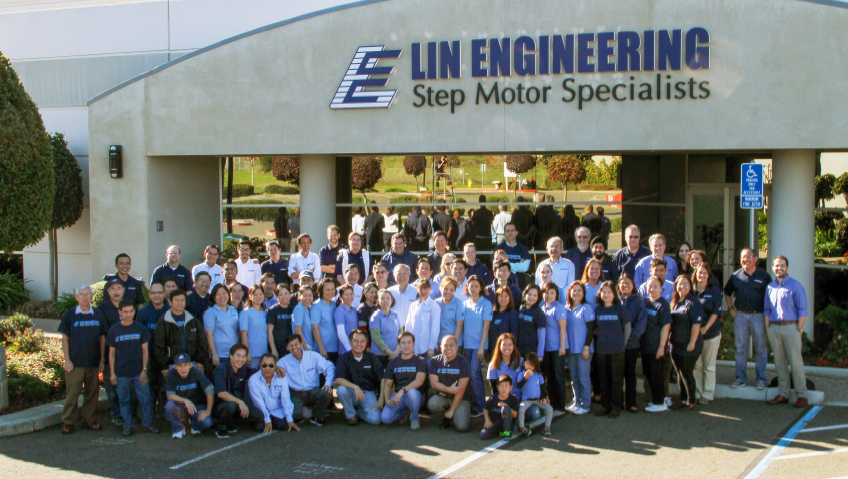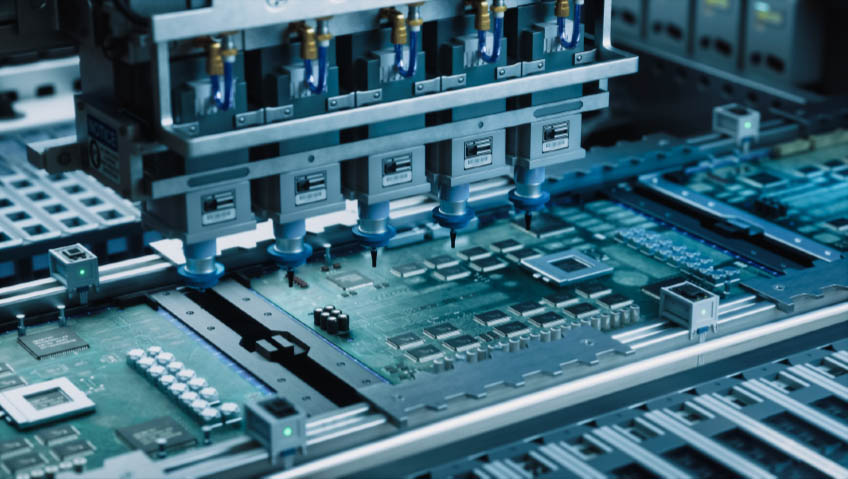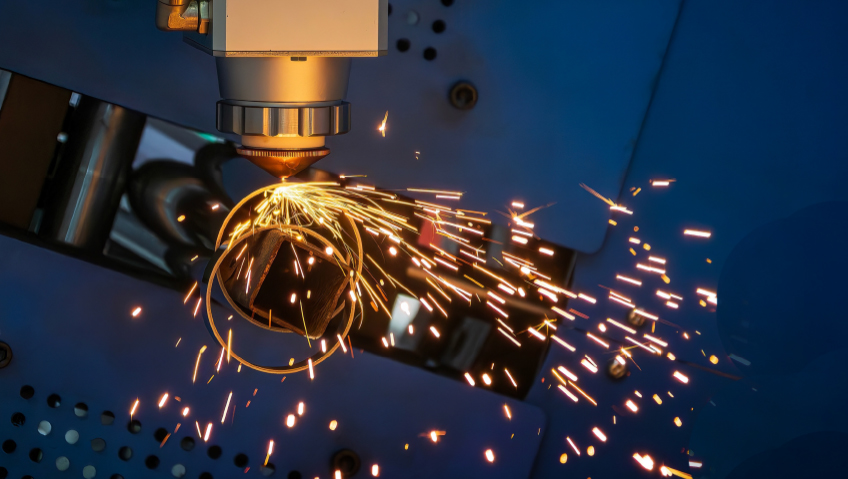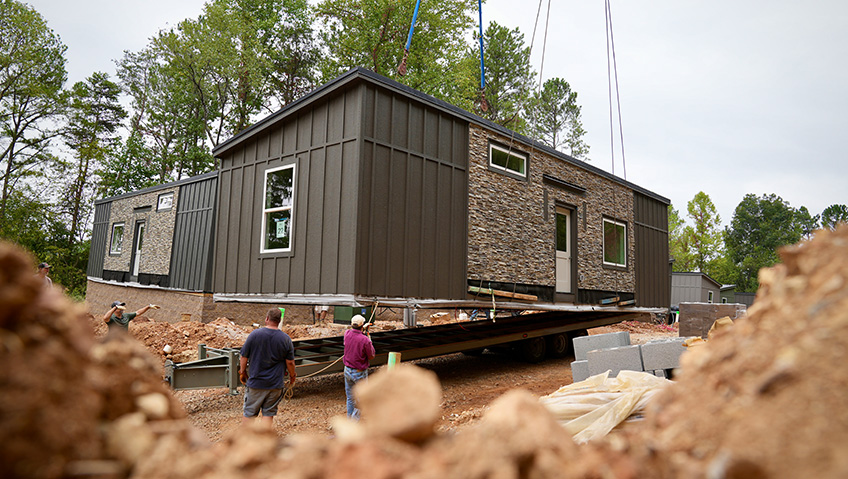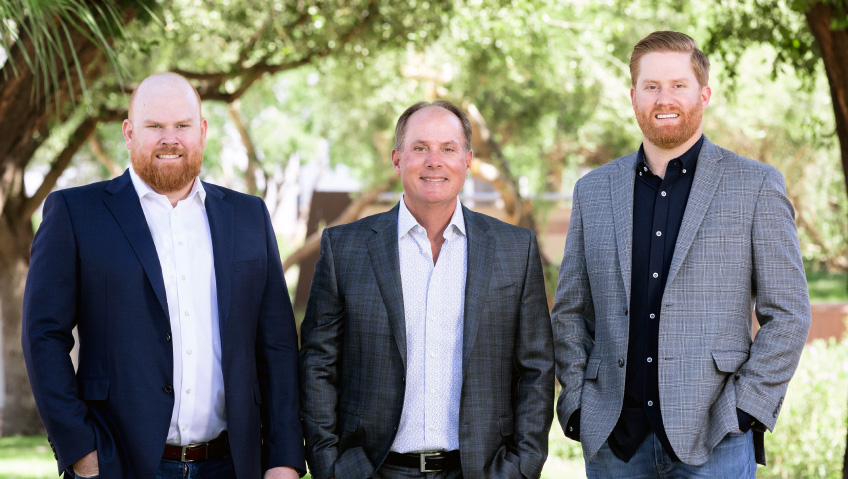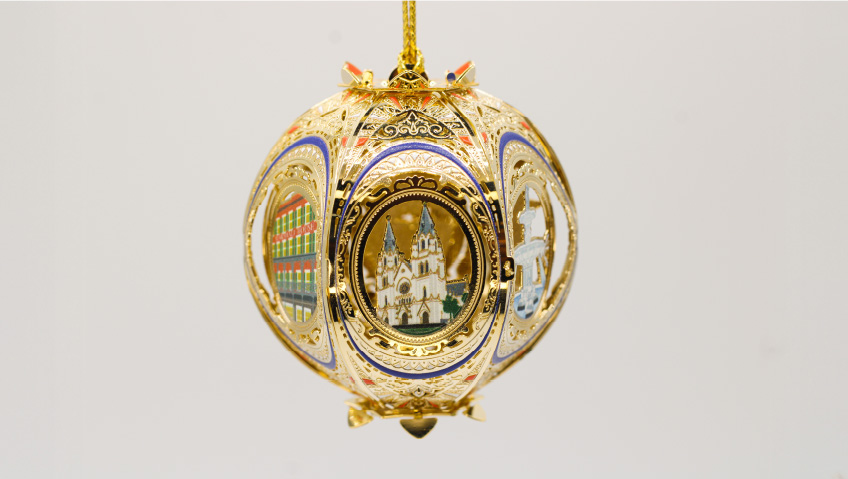Innovation is second nature at Lin Engineering Inc., where it has been built into the processes of company operations and integrated into the culture of the people who drive quality and performance without cease.
As motion control experts, Lin Engineering designs and manufactures high-performance stepper motors, hybrid stepper motors, brushless DC motors (BLDC), linear actuators and accessories, but there is so much more than meets the eye when it comes to the delivery of its standard-setting innovations.
At Lin Engineering Inc., owner and founder Ted Lin brings close to a half a century of experience in the market as a consultant and engineer of stepper motors. It is his distinctive business philosophy which sets the company apart.
An insight, codified
Lin has gone to great lengths to codify the secrets of the company’s success in its processes and in the company culture, something he is more than happy to discuss with anyone who is interested. Sometimes referred to as the Father of the Stepping Motor, it’s an acknowledgement of which he is very proud, though Lin doesn’t stop there.
“My original philosophy was that technology is everything and good technology equals success, but after a few years I realized that’s not true and I changed my concept,” says Lin.
His new, modified philosophy expanded to include learning about sales, finance, and what the inner workings of a company are that contribute to success, and then integrating all of these into an evolving strategy.
Why codify these principles? In answering, Lin told of a friend asking him what would happen in his company if he stepped away for two weeks. “I know you’re pretty good,” his friend said, “and can do a lot of things, but what happens if you are not around?” and this made him think. What would happen if he were locked out of the company for two weeks? It would spell certain, unsustainable, disaster.
This realization led to the adoption of systematic principles and codified operational design. “When I studied the Six Sigma system, I realized that this wasn’t really going to work for the manufacturing, so I created my own called the 4.5 Sigma Way.”
The “4.5 Sigma” way
So that’s how Lin’s system, comprised of five booklets referred to as his business bibles, and containing the principles of the company’s continued success, came to be.
Lin introduced the 4.5 Sigma Way to “improve engineering designs and manufacturing processes to achieve thirty-two parts per minute quality performance,” and to build an “elegantly simplistic organization,” where there is the capacity to focus on value innovation and the ability to replicate success long into the future.
For Lin, the goal has always been to offer engineering, manufacturing, and supply chain support built upon three basic elements of problem solving: find, optimize, and integrate, which result in solutions-oriented innovations for Lin’s customers, as well as relationships and motors built to last.
Headquartered near Silicon Valley, which is a unique strategy itself, Lin Engineering serves the life sciences, medical, robotics, industrial automation, automotive, security, and aviation and space industries, as well as other technical sectors, by responding to the needs of the market, even when customers aren’t aware that there is room for improvement.
Not selling, but solving
“You’re not selling a product, you’re solving the problems of the customer,” says Lin, which means Lin Engineering continues to develop new, innovative ideas and integrate better technologies to their customers’ advantage.
To highlight that innovation in action, Lin provided the example of the 1.8-degree stepper motor. A customer asked for a smooth motor where dirt would not impact the performance of the oscillation. Lin believed the motors available in the market were good, but could be better, so he got to work.
“I provided a different type of motor and now, even today, the most popular stepping motor is the 1.8 degree. Every step moves 1.8 degrees and it is still the most popular,” says Lin, noting that the motor offers extra-smooth motion for things like surveillance cameras.
He adds, “I gave him what he wanted but, in the meantime, I provided solutions that I think are better than that for him to check out. So, the customer started to compare those two motors and said, ‘Wow! This is totally different!’ and was very happy to see the way it was engineered.”
The goal for Lin continues to be, “How can I come up with the best motor in terms of torque, etc., whatever the customer wants?” The same holds true for the market. Whenever the market is in crisis, that is when Lin Engineering thrives. For instance, after 9/11, the security business was booming, and Lin’s technology was paramount in that regard.
“Security cameras changed from using IP technology into portable digital technology, and with digital, smooth motion is not that critical,” notes Lin, whereas governments still relied on the smooth motion that tried-and-true analog technology offered.
The same trend happened post-pandemic when the medical field required motors for ventilators. Lin Engineering’s motors were available to serve that surge in demand by offering reliable, high-performance motors that kept people alive.
Foundational skills leveraged
Another interesting aspect of the company’s success is the approach to hiring and talent development and retention. Understanding that stepper motors were a niche in the industry, one that was not readily taught to up-and-coming engineers, Lin was forced to adapt, which meant seeking foundational skills and characteristics that could be leveraged to produce employees who were engaged and willing to grow with the company.
Being in Silicon Valley posed another challenge, making talent dear and the costs of manufacturing higher than competition from overseas, but the right sales tactics and exceptionally designed motors were the edge the company needed. Once it secured a couple of large orders, the rest was history.
Lin continued to invest in equipment and capacity to ensure that the company could scale up, as necessary. This also required him to look at the team he relied on to design, manufacture and sell quality outputs.
“When I started, I couldn’t hire the best talent in the marketplace,” says Lin, but he did identify very customer-oriented people who he could teach and train including a restaurant manager who caught his attention with her exceptional customer service and attitude.
He offered her a job and though she was at first reluctant, as she had no experience, he assured her he would train her. Twenty years later, she remains with the company. This is a fairly common kind of anecdote amongst the ranks at Lin Engineering.
To lead is to teach
Inspired by General Patton, Lin says, “To lead is to teach and if you teach people, they learn and teach other people too,” so he continues to hire people who are interested, have good character and a willingness to learn. In this way, he has assembled a team that is committed to offering exceptional service and support.
As another tactic to hire and retain a team dedicated to the company’s collective success, Lin Engineering pays its people competitively and gives them every opportunity to be successful. Lin says that “I treat everybody in the company the same,” which means lead engineers and hourly workers alike receive bonuses and recognition for a job well done.
This approach has been fruitful as there are many loyal, longstanding employees who make up the Lin Engineering team, something that has continued in the company even since Lin sold it in 2015. Despite the sale, he remains an active part of the company today, working tirelessly toward the latest and greatest technological innovation.
For Lin, “The focus is on the technology and every year building the next cool product. Every year I try to come up with some new stuff, something that will make us more outstanding in the marketplace.” Lin pictures something akin to the Apple iPhone which continues to experience success many generations later.
The next hot market, according to Lin, will be communications, where small motors lead to better performance and faster speed. He also foresees growth in specialty and commercial markets like automated window and door locking systems. Lin has codified the success of his company in such a way that its culture and performance in its area of technology will stand out for generations to come.

